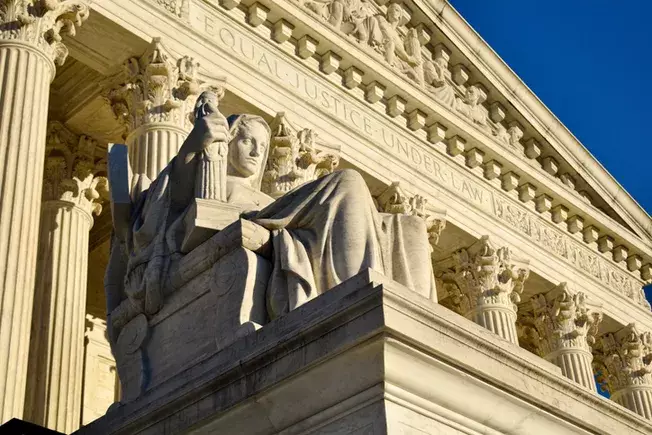TikTok, the social media phenomenon that has captivated 170 million American users, faces critical challenges ahead. With a ban looming, all eyes are on the app as it navigates through legal hurdles and negotiations surrounding its ownership. The “Protecting Americans from Foreign Adversary Controlled Applications Act,” slated to take effect on January 19th, casts a long shadow over TikTok’s future in the United States unless it can successfully transition to U.S. ownership.
The potential ban is rooted in national security concerns. U.S. lawmakers argue that TikTok’s ties to the Chinese government pose risks for data privacy and information dissemination. This disproportionately affects the platform’s American user base, leading to fears of surveillance and manipulation. The ongoing legal battle has resulted in TikTok facing multiple judicial reviews, with the U.S. Court of Appeals for the District of Columbia Circuit recently denying its initial appeal. The Supreme Court’s decision to review the case has provided a flicker of hope for TikTok but also highlights the urgency of its circumstances.
In a recent hearing, justices appeared skeptical of TikTok’s claims, often leaning toward upholding the bill. Concerns were raised regarding the implications the legislation might have on First Amendment rights. However, the nature of the case—rooted in national security—complicates matters. While TikTok asserts that the ban infringes upon free speech, the debate about the balance between security and individual rights looms large.
Should the Supreme Court rule against TikTok, the consequences will be swift and severe. The app would effectively be removed from app stores, and its functionality would diminish gradually. Users would not experience an abrupt loss of the app; rather, it would become nonviable as updates and maintenance would cease, effectively canceling it from the digital landscape of the U.S.
Such a loss would not only affect millions of users who rely on TikTok for entertainment and connection but would also signal broader implications about technological freedom and data sovereignty. The disappearance of TikTok would represent a seismic shift in social media dynamics, given the platform’s popularity and cultural significance among younger demographics.
In the midst of this turmoil, TikTok is exploring possibilities to avert the impending ban. Reports indicate that a consortium of U.S. investors has expressed interest in acquiring the app. However, substantial cooperation from ByteDance, TikTok’s parent company, appears to be lacking. The timeline for any sale is contentious, with the Chinese firm arguing that the deadline presents insurmountable hurdles for a successful transaction.
The incoming political landscape could also play a role. President Donald Trump’s administration has indicated interest in finding a solution to maintain TikTok’s U.S. operations. An amicus brief filed by the Trump team seeks an extension on the Supreme Court’s deadline for a verdict. While an extension may provide TikTok additional breathing room, the realism of that pathway remains uncertain.
Trump might also attempt to leverage executive power by pressuring Congress to repeal the bill or directing the Justice Department to defer enforcement. Yet both strategies present considerable challenges, particularly given the bipartisan support for the original legislation.
As the clock ticks down to January 19th, TikTok’s battle for survival in the U.S. remains precarious. With limited options and an uncertain legal landscape, the social media giant is racing against time. The decision by the Supreme Court could very well determine not just TikTok’s fate, but also the future discourse surrounding online privacy, digital sovereignty, and the intersection of technology and national security. As the deadline approaches, the stakes have never been higher for TikTok and its millions of American users. Whether this popular platform will continue to thrive or face extinction remains an unfolding story, one that encapsulates larger trends shaping our digital lives.


Leave a Reply